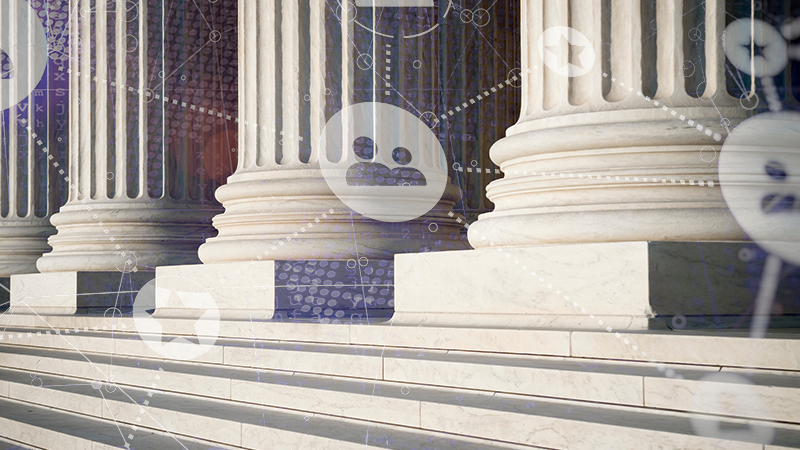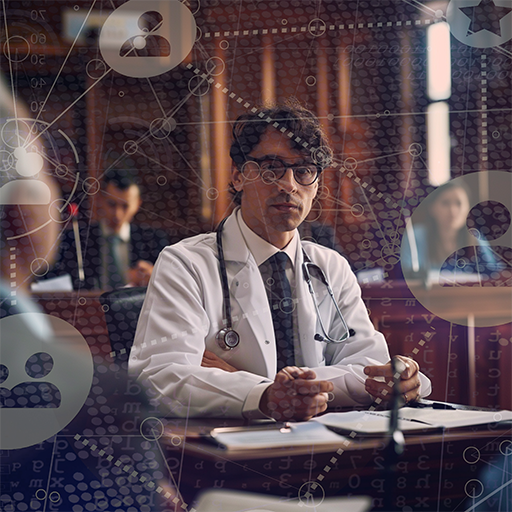Learning from Past Expert Testimony
Today, we’re diving into one of the most high-profile cases that put expert witness testimony to the test: the Casey Anthony trial of 2011. This case, which gripped the nation with the heartbreaking story of two-year-old Caylee Anthony’s death. And it serves as a powerful reminder of the critical role expert witnesses play in the courtroom. While the outcome wasn’t what the prosecution anticipated, it offers valuable lessons and growth opportunities for the legal field. Let’s explore how we can turn these insights into actionable improvements for future cases!
The Failure of Expert Witness Testimony in the Casey Anthony Trial
One of the most notable cases where expert witness testimony failed to deliver the intended impact was the trial of Casey Anthony in 2011. The case, involved the death of Anthony’s two-year-old daughter, Caylee Anthony. And, it captured national attention and showcased the critical role of expert testimony in high-profile trials.
Background of the Case
In July 2008, someone reported Caylee Anthony missing. Authorities discovered her remains in December 2008 near the family home in Orlando, Florida. They then charged Casey Anthony, Caylee’s mother, with first-degree murder, aggravated child abuse, and other related offenses. The prosecution’s case relied heavily on forensic evidence. The testimony of expert witnesses was critical to proving Casey had intentionally killed her daughter.
Role of Expert Witnesses
The prosecution called several expert witnesses to present forensic evidence. A forensic pathologist, a forensic anthropologist, and a forensic chemist were all engaged. These experts were then expected to provide critical professional testimony. The prosecution’s goal was to establish the cause of death and link Casey Anthony to the crime.
Key Issues and Failures
- Forensic Odontology and Air Analysis: One of the pivotal pieces of evidence presented by the prosecution was the analysis of air samples. They collected these samples from the trunk of Casey Anthony’s car. Dr. Arpad Vass, a forensic anthropologist, testified that the air sample analysis indicated the presence of human decomposition. However, this method was relatively new and untested, leading to significant controversy and skepticism. The defense effectively challenged the reliability and scientific validity of this evidence, casting doubt on its credibility.
- Chloroform Evidence: The prosecution presented evidence suggesting they found high levels of chloroform in Casey Anthony’s car trunk, implying she used chloroform to subdue Caylee. However, inconsistencies in the expert testimony on chloroform levels, coupled with the defence’s argument that household items could produce chloroform, weakened the prosecution’s claim and their overall case.
- Duct Tape Evidence: The prosecution argued that the duct tape found on Caylee’s skull provided evidence for suffocation. Dr. Jan Garavaglia, the chief medical examiner, testified that the manner of death was homicide, although she could not determine the exact cause. The defence successfully argued that there was no conclusive evidence proving they applied the duct tape before Caylee’s death, leading to further doubt about the prosecution’s narrative.
Outcome and Impact
Ultimately, the jury found Casey Anthony not guilty of the most severe charges. The court dismissed the charges of first-degree murder, aggravated manslaughter, and aggravated child abuse. In the end, the jury convicted Anthony only of providing false information to law enforcement. The failure of the expert witnesses to provide conclusive, indisputable evidence in their expert testimony played a significant role in this outcome.
Lessons Learned
The Casey Anthony trial emphasized crucial lessons for employing expert witnesses in legal proceedings. Here are the key takeaways, illustrated with examples from the case:

Role of Expert Witnesses
The prosecution called several expert witnesses to present forensic evidence, including a forensic pathologist, a forensic anthropologist, and a forensic chemist. The prosecution expected these experts to provide critical testimony establishing the cause of death and linking Casey Anthony to the crime.
Ensure Scientific Validity
Example: Dr. Arpad Vass’s testimony about air samples indicating human decomposition faced skepticism due to the novelty and lack of validation of the method. This controversy highlighted the necessity of relying on well-established, scientifically validated forensic techniques to avoid undermining the case’s credibility.
Communicate Clearly
Example: The expert testimony on chloroform levels in Casey Anthony’s car trunk faced scrutiny and confusion due to inconsistent findings and the defense’s argument about common household items producing chloroform. This situation shows the importance of experts explaining their findings in clear, understandable terms. Experts must explain their findings clearly so the jury understands the evidence’s significance without getting lost in technical jargon. This is a primary goal for an expert witness providing testimony.
Prepare Thoroughly for Cross-Examination
Example: Dr. Jan Garavaglia’s testimony about the duct tape found on Caylee’s skull was effectively challenged by the defense, who pointed out the lack of conclusive evidence that the tape was applied before Caylee’s death. This instance demonstrates the need for expert witnesses to anticipate and prepare for rigorous cross-examination, strengthening their ability to defend their methodology and conclusions under scrutiny.
These lessons underscore the importance of reliable, well-substantiated expert testimony in achieving just outcomes in the courtroom. By ensuring scientific validity, clear communication, and thorough preparation, expert witnesses can significantly enhance the effectiveness of legal proceedings.
Are you an expert?
Join a thriving community of over 15,000 experts at Expertinfo.com, where your knowledge is valued and your expertise makes a difference. With 40 years of experience in connecting experts like you with attorneys who need your specialized skills, we’re dedicated to facilitating successful collaborations. Don’t miss the opportunity to impact critical legal cases and expand your professional network. Reach out today and become part of our extensive database of leading experts. Your expertise isn’t just needed—it’s essential. Connect with us now and start making a difference!







